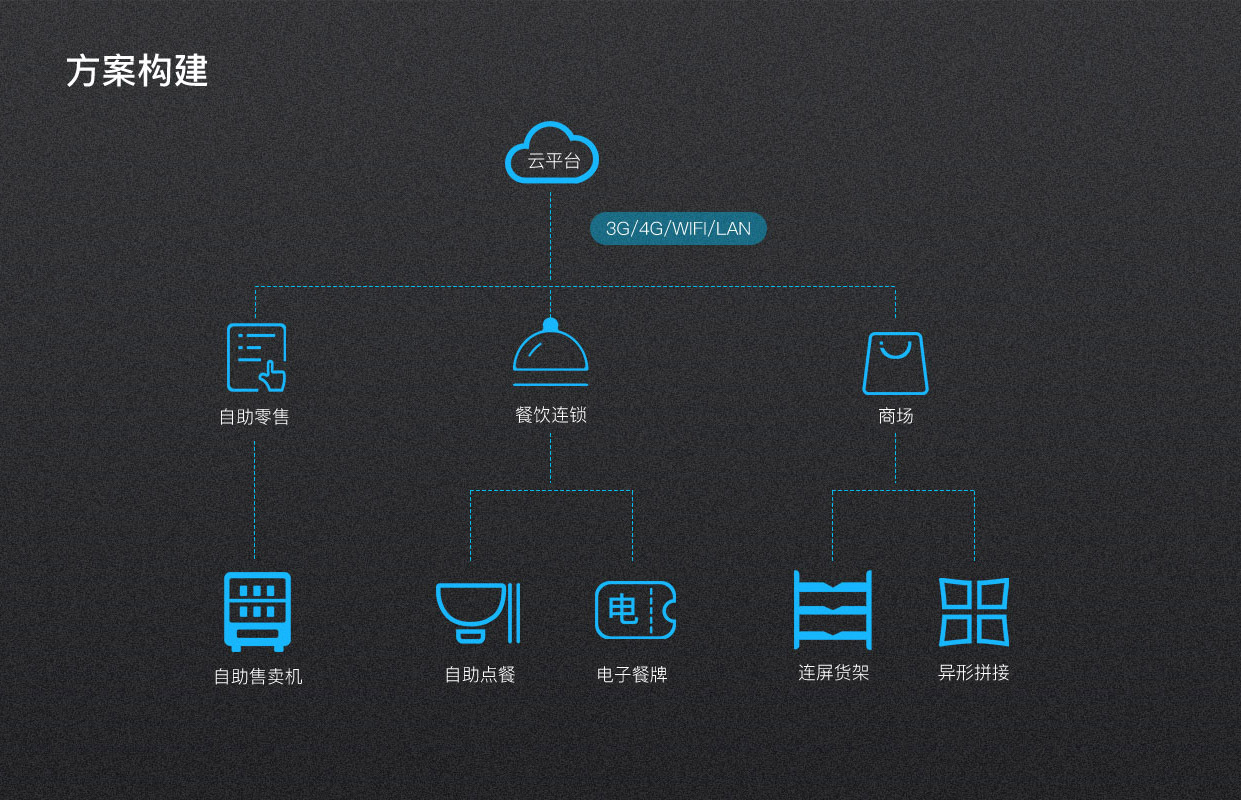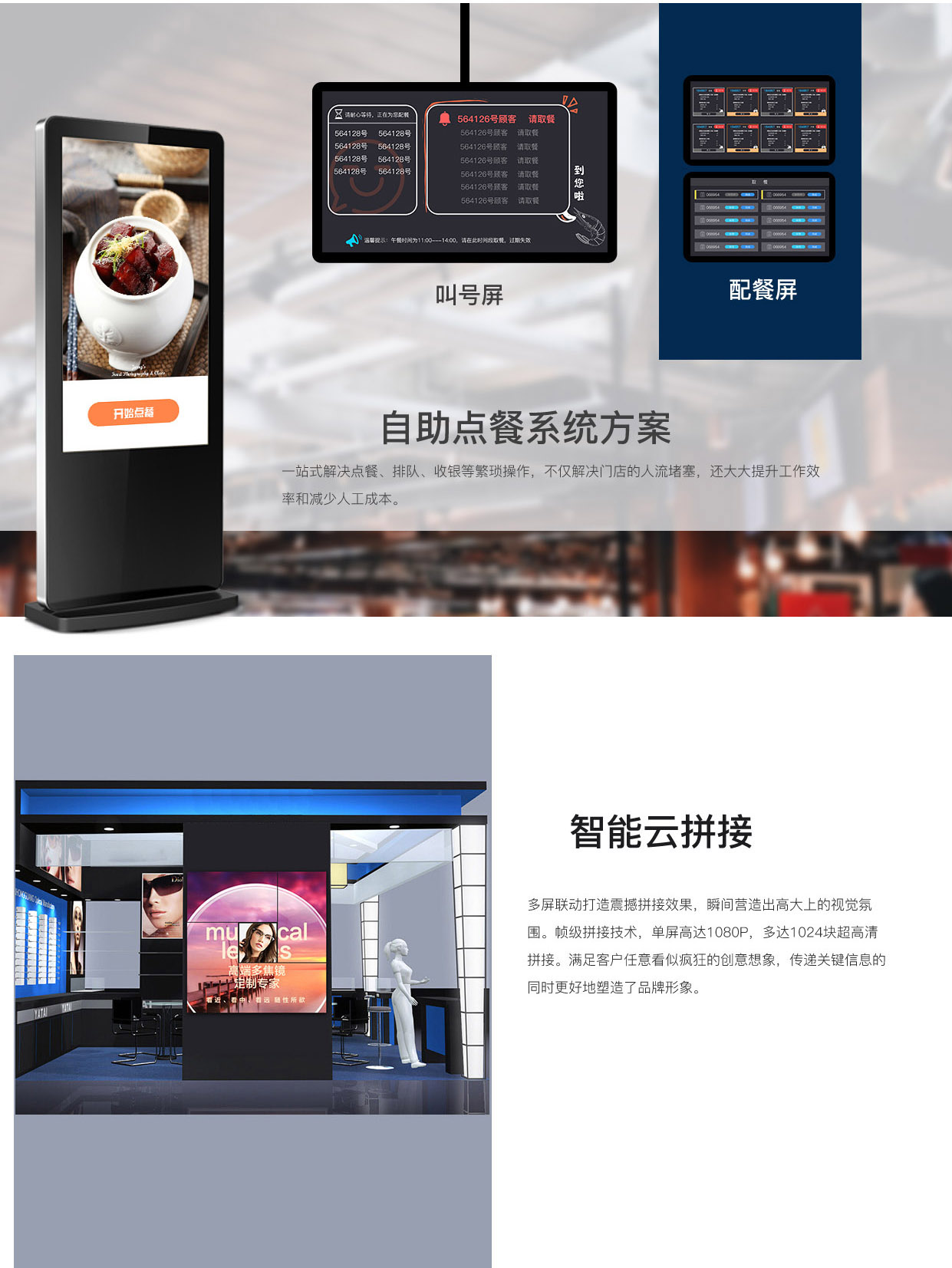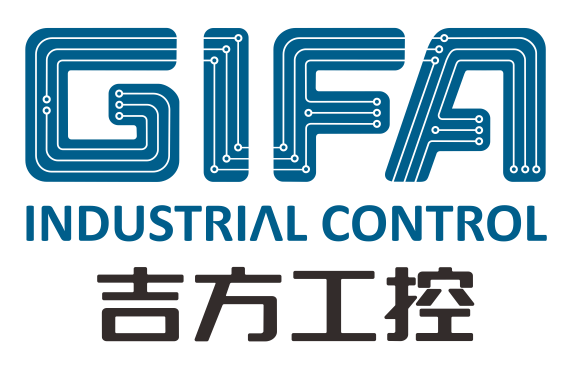Smart retail system solutions
I. project background
Smart retail refers to the use of Internet and Internet of things technology to perceive consumption habits, predict consumption trends, guide production and manufacturing, and provide consumers with diversified and personalized products and services.Smart retailing is the third revolution leading the world retail industry.Second, smart retail realizes the perfect integration of new technology and real industry.Third, smart retailing is an inevitable trend that global enterprises can explore and develop together.Fourth, smart retail is an open and Shared ecological model.
There are many drawbacks in traditional offline retail, such as low efficiency in sales process, unattractive stores, customer loss, difficulty in updating paper menus, and difficulty in managing multiple stores, etc. Under the current "new retail" trend, reform must be carried out.With a strong visual impact to catch the customer's eye, with creative interaction technology to leave the footsteps of the customer, embrace Internet technology, through the combination of online and offline win-win way, to bring consumers more in line with their needs of services.
Under the new retail trend, consumer experience becomes the center and digitalization becomes an important means for retail enterprises to cope with changes and challenges.How to obtain, integrate and analyze the data of each business link and conduct data management becomes the top priority.High-powered computer smart retail solutions, customer-centric, data-driven, improve customer experience, increase revenue, improve operational efficiency, and save costs.


2. Program overview
Smart retail solutions are mainly based on intelligent dynamic display and self-service devices. Android smart motherboard and artificial intelligence motherboard are equipped with cloud information release and management system to realize intelligent dynamic information display, intelligent cloud splicing, self-service terminals and other functions.Applicable to chain restaurants, large supermarket, all kinds of retail stores.

3. Scheme construction
(1).Digital plate system of chain restaurants
Chain stores centralized management, dynamic display of the headquarters will be all kinds of information released to all chain stores at the same time, whether the food update or store notice can be unified management.Equipped with electronic food brand can be displayed, flexible, cool cool absorption.The authority management of the whole region organization organization, the organization structure infinite classification, the cross management at will, the authority management of the branch organization, meets the operation requirements at all levels.
(2). Self-service ordering system
One-stop solution to ordering, queuing, cashier and other cumbersome operations, not only solve the store traffic jam, but also greatly improve work efficiency and reduce labor costs.
(3). Smart cloud splicing scheme
Multi - screen linkage to create a shock Mosaic effect, instantly create a tall visual atmosphere.Frame level splicing technology, a single screen up to 1080P, up to 1024 pieces of ultra-hd splicing.Satisfy customers' arbitrary seemingly crazy creative imagination, deliver key information and better shape the brand image.
(4). Smart shelf scheme
the electronic cloud shelf displays all the goods for sale, pre-sale and sold out through the commodity categories on the interface, and the retrieval function enables customers to quickly obtain the information they want.Complete the purchase and payment operations at the same time.
linkage of intelligent shelves, for the purpose of assisting sales, ingenious design of diversified sales tools.In the bluetooth signal trigger mode, the customer just needs to pick up the product to trigger the large screen to play the relevant introduction video and other

4. Program introduction








